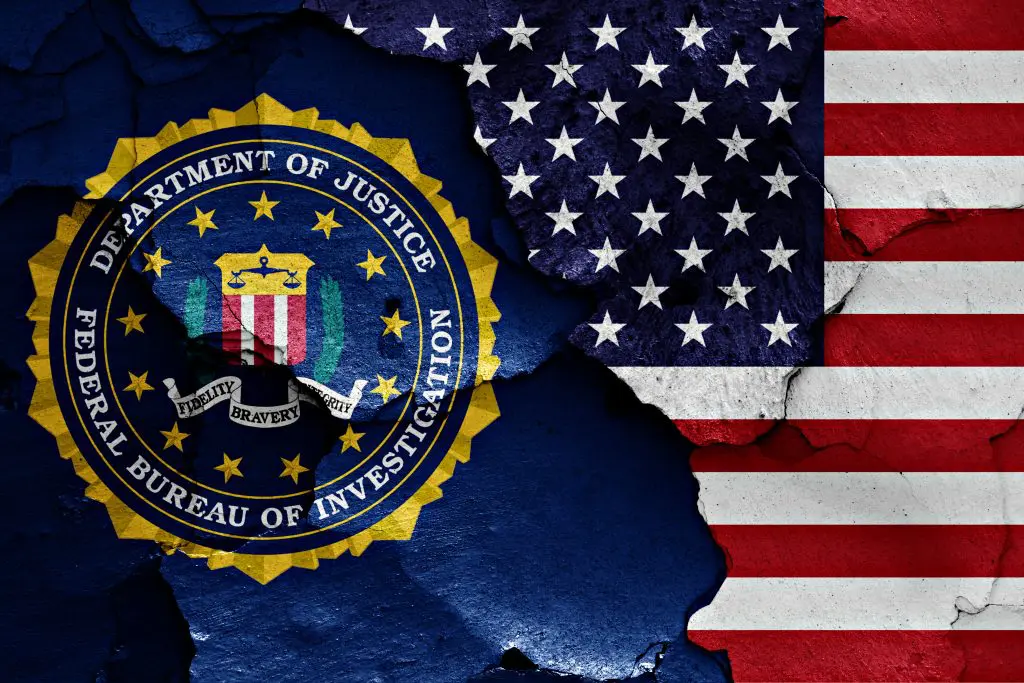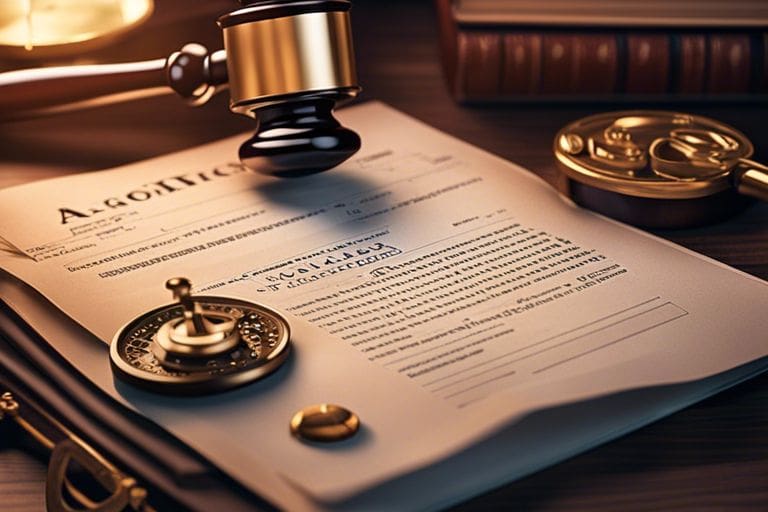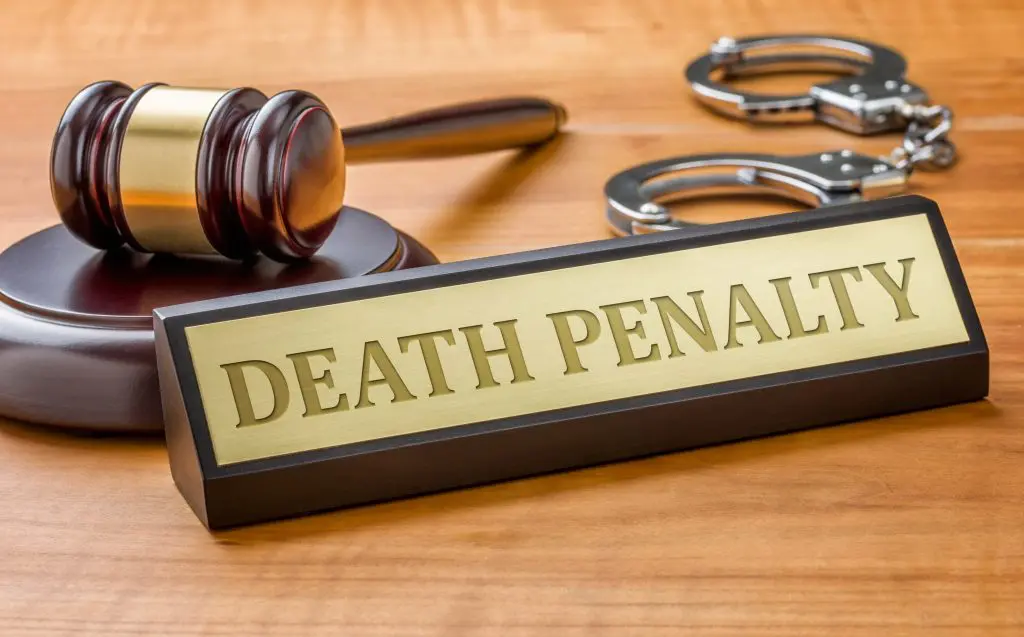Murder
Expert Legal Insights into Murder Trials: Strategies, Evidence, and Outcomes
Navigating the legal system in murder trials can be daunting. Understanding the intricacies of legal procedures and the implications of murder charges is crucial for anyone involved in such a case. This article aims to demystify the legalities surrounding murder trials, offering insights into defense strategies and potential outcomes.
Murder, legally defined as the intentional taking of another person’s life, is among the most serious charges in criminal law. The gravity of these accusations demands a comprehensive understanding of legal rights and the judicial process. It’s imperative for the accused and their loved ones to seek specialized legal advice to navigate this complex terrain.
The first step in any murder trial is the arraignment, where charges are formally presented. Here, the defense strategy begins to take shape. An experienced defense attorney will scrutinize the evidence, looking for inconsistencies or procedural errors. This phase is crucial, as a strong defense strategy can significantly influence the trial’s direction.
Evidence plays a pivotal role in murder trials. The prosecution must prove beyond a reasonable doubt that the accused committed the crime. Defense attorneys, conversely, aim to create reasonable doubt by challenging the evidence’s credibility. Forensic evidence, such as DNA and ballistic reports, often becomes the focal point of these trials.
Witness testimony is another critical aspect. Eyewitness accounts can be powerful, but they are also prone to inaccuracies. Defense strategies often involve questioning the reliability of such testimonies, especially in high-stakes murder cases.
Plea bargaining is a common practice in the legal system, particularly in murder trials. It involves negotiating a lesser charge in exchange for a guilty plea. This strategy can be beneficial for both parties, as it avoids the uncertainties of a trial and can lead to reduced sentences.
The trial itself is a complex process, involving jury selection, opening statements, witness examinations, and closing arguments. The defense’s role is to methodically dismantle the prosecution’s case, presenting alternative theories and highlighting flaws in the evidence.
The jury’s verdict is the culmination of the trial. A guilty verdict in a murder case often results in significant prison time, sometimes even life imprisonment or the death penalty, depending on jurisdictional laws. Therefore, the stakes in a murder trial are exceptionally high.
In conclusion, murder trials are intricate and demanding legal processes. They require the expertise of skilled defense attorneys who understand the nuances of criminal law. For anyone facing murder charges, obtaining knowledgeable legal counsel is not just advisable; it is essential.
It’s crucial to understand the intricacies of third-degree murder to grasp the legal complexities surrounding this...
Second Of A Three-Part Series By John Riley. Originally printed in 2004 and reposted with permission...
An Interview With “Donnie Brasco” An Interview with Joseph D. Pistone – Author of “Donnie Brasco:...
First Of A Three-Part Series By John Riley. Originally printed in 2002 and reposted with permission...
Autopsy is a crucial procedure used to determine the cause of death. It involves a thorough...
An Interview With Mark Fuhrman An Interview with Mark Fuhrman – Author of “Death and Justice”...
An Interview with Michael Fleeman – Author of “Laci – Inside the Laci Peterson Murders” by...
What the Jury Never Knew About Laci Peterson’s Murder and Why Scott Peterson Should Not Be...
by the late Mark Sullivan, Board Certified Criminal Defense Attorney, Palm Springs, California. Originally printed in...









